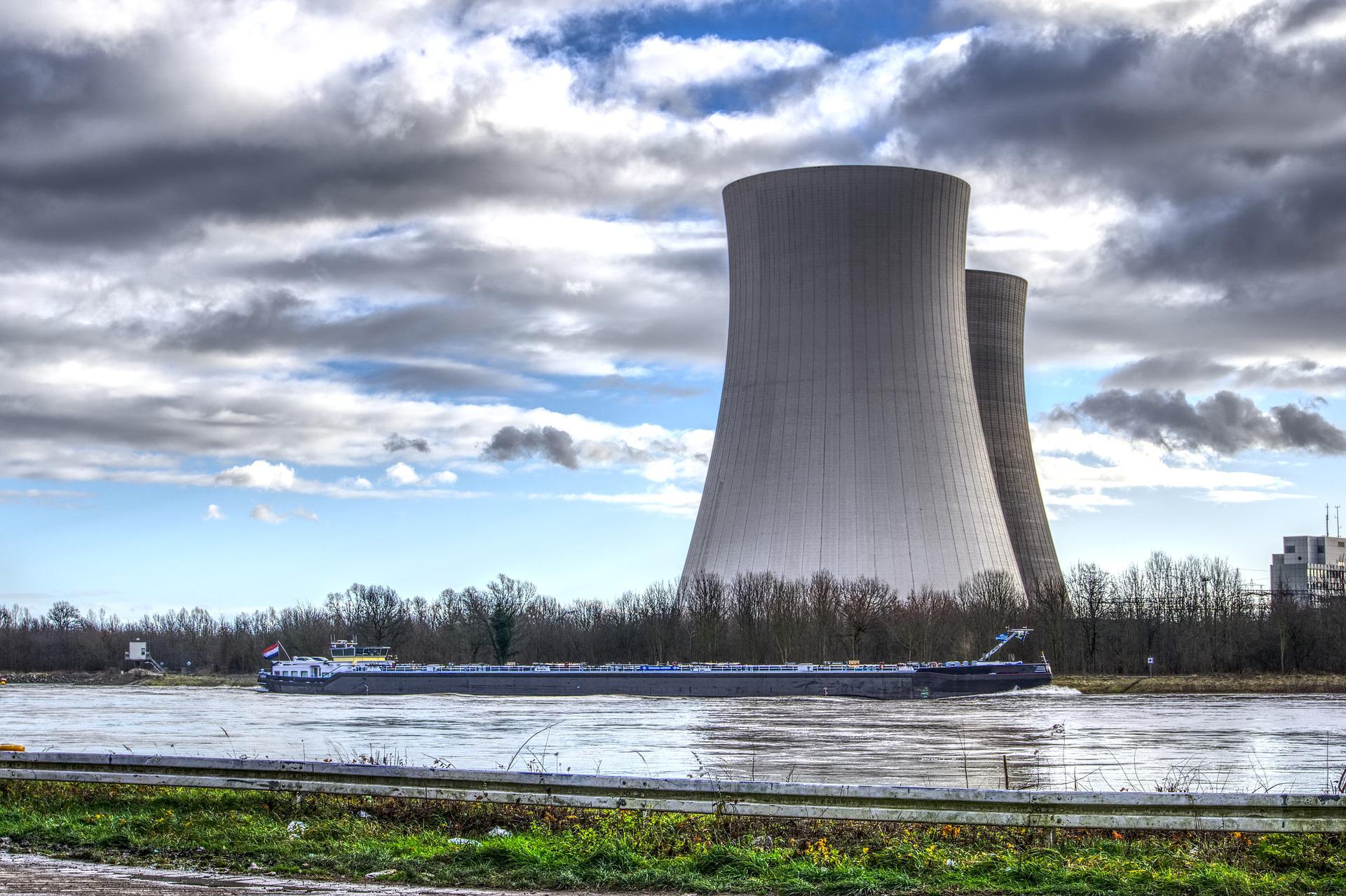Nuclear energy: outsourcing issues
Since the end of the 20th century, the practice of outsourcing has increased in France. This phenomenon has included strategic sectors, such as the nuclear power industry. Stéphanie Tillement, a researcher in Sociology at IMT Atlantique, has worked on the relationship between safety and subcontracting in the nuclear industry.
“Since the 1970s, we have witnessed an increase in outsourcing in many industrial sectors, particularly for maintenance activities,” says Stéphanie Tillement, a researcher in Sociology at IMT Atlantique. In the book Contracting and Safety, she and other French and international researchers offer a balanced, open-minded analysis of the practice of subcontracting. The book first addresses the nuclear power context. “We wanted to show the diversity of the relationships that exist between nuclear power operators and subcontractors, and in the links between subcontracting and safety,” says Stéphanie Tillement.
“Contrary to popular belief, the term “subcontracting” does not refer to a uniform reality: subcontracting situations vary in terms of the size of the provider company and the duration of the service provider’s presence on-site, for example,” she says. In addition to cases of “nuclear nomads,” who are often associated with subcontracting in the nuclear industry, some subcontracted staff have been working for years, even decades, at the same site, for the same contracting party. While the so-called nuclear nomads perform ad hoc interventions, which cause some to denounce forms of job insecurity, this is not the case for all external providers. The working conditions and social interactions between the contracting authority and service provider therefore vary significantly depending on the type of subcontracting.
High-risk occupations
Outsourcing in the nuclear industry and its effects on the safety and security of the facilities and workers has received increased attention in both the political sphere (with the “Pompili” parliamentary committee in 2018) and academia. Annie Thébaud-Mony, the honorary research director of the Inserm Scientific Interest Group on Occupational Cancers demonstrated that “at French nuclear sites, employees of subcontracting companies were exposed to 80% of the collective ionizing radiation dose during maintenance activities,” Stéphanie Tillement says. In other words, subcontracted employees are more exposed to ionizing radiation than others.
This is linked more to the nature of the outsourced tasks, which are often dangerous because they require intervention in high-risk areas, than it is to the type of protection used or follow-up with subcontracted employees. In addition, the operators of typical nuclear facilities —such as nuclear reactors or radioactive waste treatment plants— are legally responsible for the safety of their facilities under the terms of the law of June 13, 2006 on transparency and safety in the nuclear sector. This also applies to outsourced activities. In the event of an incident or accident, the operator still remains responsible.
One of the major questions posed by the use of subcontracting is that of the monitoring of activities performed by external service providers. In order to ensure that the tasks are carried out in accordance with safety requirements, the operator is required to monitor subcontracted staff. True supervision by contracting authorities implies that they have maintained their industrial technical mastery of the outsourced activities and have allocated the necessary resources (time, human resources) to this supervision. “A major issue for monitoring pertains to the skills of the person performing the monitoring: if they do not master the technique, there is a risk that the monitoring will be reduced to formal checks without take into account the reality of the activity,” the sociologist explains. In the case of specialty subcontracting, this issue is all the more important since operators hire subcontracted staff who have specific skills which they do not have in-house.
Complex relationships
In the nuclear sector, one example of specific skills that are both scarce and highly sought after are those of welders, whose role is fundamental in maintaining the safety of the equipment. Their work requires a high level of expertise. In the case of specialty subcontracting, the balance of power can therefore be in favor of the service providers, since the operator is dependent on them. They can therefore negotiate more favorable contracts (with less pressure on costs and deadlines, for example).
“Outsourcing poses a more general problem related to the fragmentation of work and organizations, which is more complex due to the multiple interfaces and interdependencies to be managed,” said Stéphanie Tillage. “We often see that companies that choose to outsource part of their activities are primarily concerned with short-term gain,” she explains. “In doing so, they omit an entire series of hidden long-term costs, including the need for the contracting authority to restructure the internal organization in order to ensure the long-term coordination and monitoring of the activities,” the scientist explains. This restructuring can be costly and require significant training in order to ensure the safety and security of workers in the long-term.
Rémy Fauvel




Leave a Reply
Want to join the discussion?Feel free to contribute!